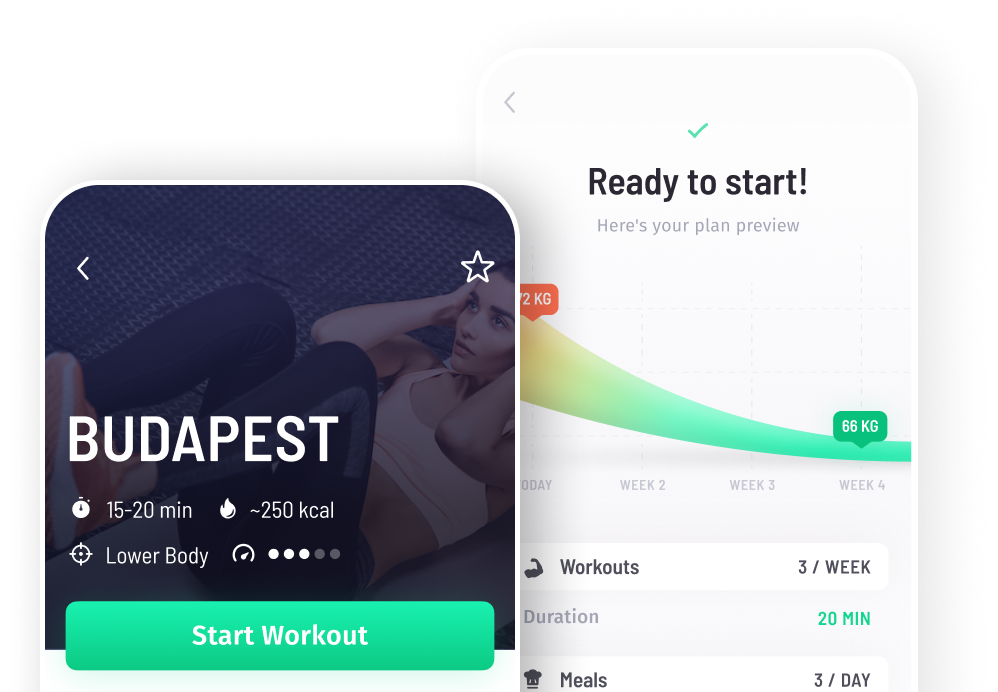Vitamin D is a fat-soluble vitamin that is essential for many physiological functions. But how much vitamin D do we need each day, and are there adverse effects of vitamin D deficiency? This article will answer these questions and tell you how to increase your vitamin D intake.
How Much Vitamin D Per Day?
The minimum recommended daily allowance (RDA) for vitamin D in both micrograms (mcg) and international units (IU) is as follows:
- Babies 0-12 months - 10 mcg/400 IU
- Children and adults 1-69 years - 15 mcg/600 IU
- Adults 70 years and over - 20 mcg/800 UI
Effects of Vitamin D Deficiency
People develop a vitamin D deficiency when they do not consume adequate food-based sources, have enough sunlight exposure, or have a physiological impairment that prevents the absorption or conversion of Vitamin D.
Possible effects of vitamin D deficiency include:
- Increased risk of cancer
- Osteoporosis
- Hypertension
- Autoimmune diseases
- Rickets in children
- Cardiovascular disease
- Depression
How to Increase Vitamin D Intake
Unlike other vitamins, the human body can manufacture its own vitamin D, providing it has enough exposure to sunlight. It does, however, depend on your skin type and where you live. Caucasian skin types can synthesize enough vitamin D at noon during summer in the UK in as little as 15 minutes, 3-4 times a week. If you live in sunnier climes, you need less time in the sun.
If you have darker skin, you will need to spend longer in the sun. Some studies show that between 30 minutes and 3 hours is needed. This is because darker skin has more melanin, a pigment that protects the skin from sun damage. Unfortunately, it also inhibits vitamin D production.
If adequate sunlight exposure is difficult to achieve, you can consume foods and supplements to provide your recommended daily allowance.
- Oily fish such as salmon, herring, sardine, and mackerel
- Mushrooms
- Fortified dairy and dairy substitutes, cereals, and fruit juices
- Cod liver oil
- Eggs
If you do not get enough sun exposure or eat these foods on a daily basis, it is recommended that you take a high-quality vitamin D3 supplement. Sublingual sprays are the most absorbable delivery system and are great for kids who can't swallow tablets.
Conclusion
The effects of vitamin D deficiency are detrimental to your health, and due to modern life, deficiency is becoming more common. Ensure you are getting the correct amount of vitamin D from a combination of exposure to sunlight and foods, and supplement if necessary, using high-quality sublingual vitamin D3 spray.
Did you enjoy this article? Share it!

